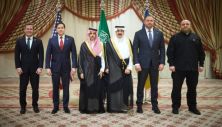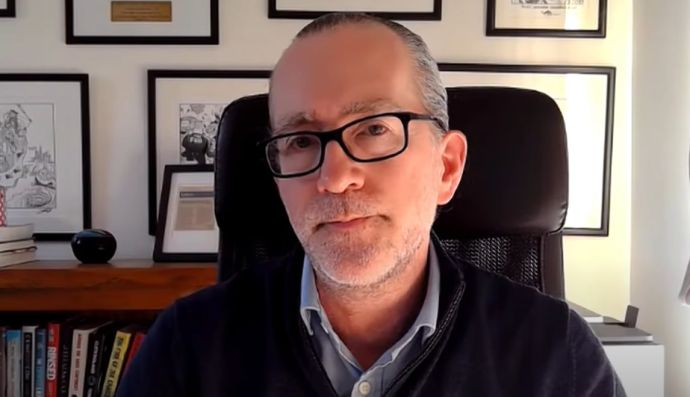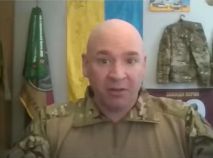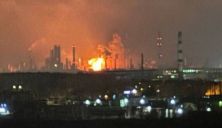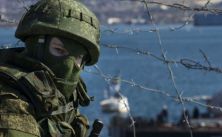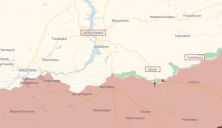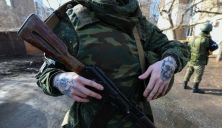In the new interview with the director of the Centre for Finances and Security in the RUSI institute about the nature of Russian power line, Putin’s mafia-style rule and lon-standing preparation for a covert action against the West and circumventing its possible restrictions to trade Russian energy resources. Watch it for yourself. Henry Keen has been very curious about interviewing Tom Keatinge!
— As someone who has mastered intelligence and security at King’s College, you must surely know all there is to know about organized crime. Can you please shed some light for us: does Putin’s dictatorial regime exhibit traits of an organized crime group? If it does, how should this be addressed on an international level?
— The first thing to understand about organized crime groups is that they operate illicitly and very effectively across borders, often transnationally. The Putin regime has, over many years, developed transnational covert capabilities—accelerated by sanctions—including illicit financial networks and procurement channels to sustain its illegal war in Ukraine.
It would not be an exaggeration to describe Putin’s system as a “mafia-style state.” Russian organized crime is nothing new, but under Putin, it has been harnessed and weaponized. The Kremlin’s long-standing practices are now essential for survival, especially given recent procurement difficulties.
To address this, we must shift our perspective. The West must treat this as an economic war. For Putin, circumventing sanctions is existential. We need to adopt the same mindset if we hope to counteract his regime effectively. Unfortunately, policymakers have not been as forceful or coordinated as required, allowing the Kremlin to stay ahead.
— You were an investment banker for 20 years at JP Morgan. Did you ever invest any Russian money?
— No, I never invested Russian money. However, I did visit Moscow in the early 2000s when it was positioning itself as a financial center.
— Frozen Russian assets abroad amount to about $300 billion. What legal obstacles are preventing this money from being redirected to Ukraine, the victim of Russian aggression?
— There’s no valid legal reason why the $300 billion in Russian Central Bank reserves couldn’t be used for Ukraine’s benefit. It could serve as a prepayment for reparations Russia owes. However, there are concerns in the EU about investor trust in European assets, which I believe are unfounded. The assets were immobilized two years ago, and the financial markets have remained stable.
That said, the G7’s recent agreement on a partial fund release—delivering only $50 billion—was a missed opportunity. It reflects a hesitation to make tough decisions, particularly concerning the full $300 billion.
— What about military aid for Ukraine under Trump’s presidency?
— With Trump, things will undoubtedly change.
Historically, Trump has supported Ukraine’s defense, such as the early arms provisions before the full-scale invasion. He measures success by striking deals and winning. For Ukraine, this means Europe must step up—be it in weaponry, troop support, or post-war stability measures.
Trump’s approach to Ukraine will likely pressure Europe to take on a larger role. European capitals should develop a long-term strategy for Ukraine that can function independently of U.S. leadership.
— Sanctions sound serious, yet Ukraine still finds Western components in Russian missiles. Is there a way to deprive Russia of these resources?
— Completely shutting down Russia’s access to critical components is not feasible. However, we can reduce access and raise costs. Circumvention remains an issue, and the Russian FSB has outmaneuvered sanctions too often.
That said, sanctions are gradually having an effect, particularly when paired with efforts to cut Russia’s oil revenue. Oil remains the key source of funding for Russia’s war.
Recent UK actions targeting shadow fleet vessels and upcoming EU measures are positive steps. But more aggressive maritime sanctions are needed to further restrict Russia’s ability to export oil.
Read also: Strike with the ICBN Was to Make Western Leaders Fear Russia. Interview with Sergiy Sumlenny
